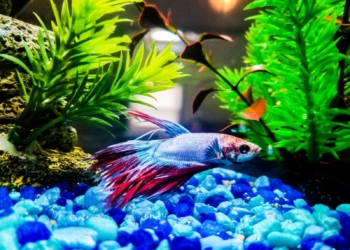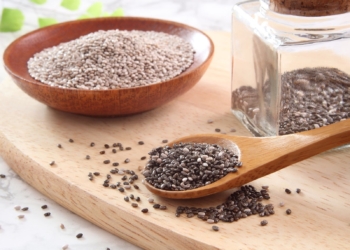When it comes to feeding chickens, it’s important to ensure that they have a balanced diet to maintain their health and productivity. While chickens are primarily fed a diet of grains, seeds, and insects, it’s natural for chicken owners to wonder if they can safely offer treats such as watermelon to their feathered friends.
In this article, we will explore whether chickens can eat watermelon and discuss the benefits, considerations, and potential risks associated with feeding this juicy fruit to our poultry companions.
The Nutritional Composition of Watermelon
Watermelon primarily comprises water, accounting for approximately 92% of its weight. This makes it a hydrating fruit, perfect for staying refreshed on a hot day.
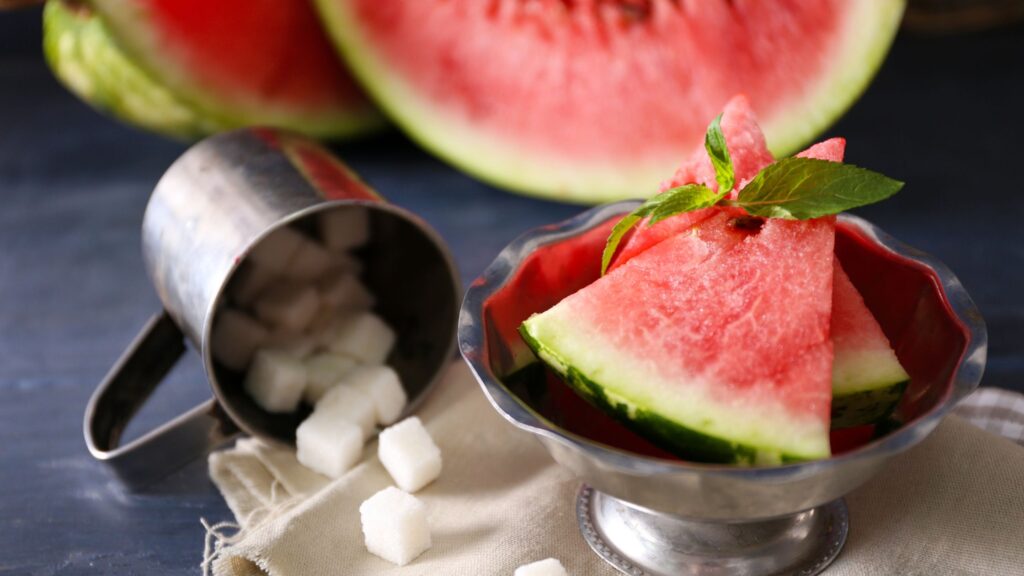
Beyond its water content, watermelon also contains essential vitamins and minerals such as vitamins A, C, potassium, and magnesium. Additionally, it is a good source of antioxidants like lycopene, which supports overall health and immunity.
The Nutritional Benefits of Watermelon for Chickens
Watermelon is a refreshing and delicious summer treat for humans and offers several nutritional benefits for chickens. The vitamins A and C are available in the fruit to support the immune system. Here are some of the main nutritional benefits of watermelon for the chickens.
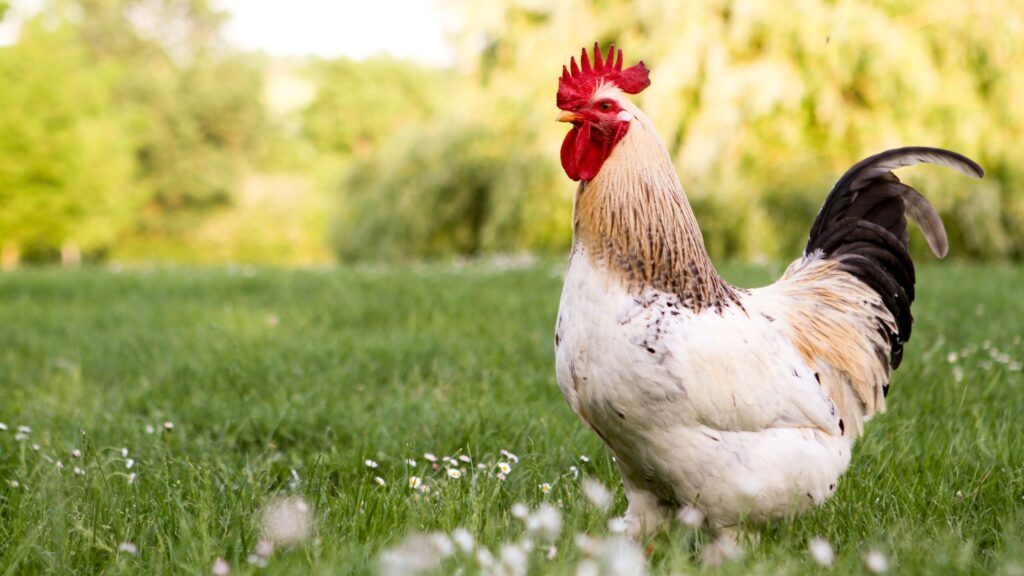
1. Hydration
Watermelon’s high water content can aid in keeping chickens hydrated, particularly during hot weather or when they are experiencing stress. Offering small pieces of watermelon can be a refreshing treat that provides them with a hydration boost.
2. Vitamin and Mineral Boost
Watermelon contains essential vitamins and minerals that can contribute to a chicken’s overall health. Vitamin A promotes good eyesight and immune function, while vitamin C supports a healthy immune system. Potassium and magnesium are vital for proper muscle function and nerve transmission.
3. Antioxidant Support
The presence of antioxidants, such as lycopene, in watermelon can have a positive impact on a chicken’s overall health. Antioxidants help neutralize harmful free radicals in the body and reduce the risk of cell damage and disease.
How to Introduce Watermelon to Chickens?
When introducing watermelon to chickens, it is important to start with small quantities and observe their response. Serve watermelon as a treat during hot summer days to help cool down the chickens. When feeding watermelon to chickens, it is essential to follow these guidelines.
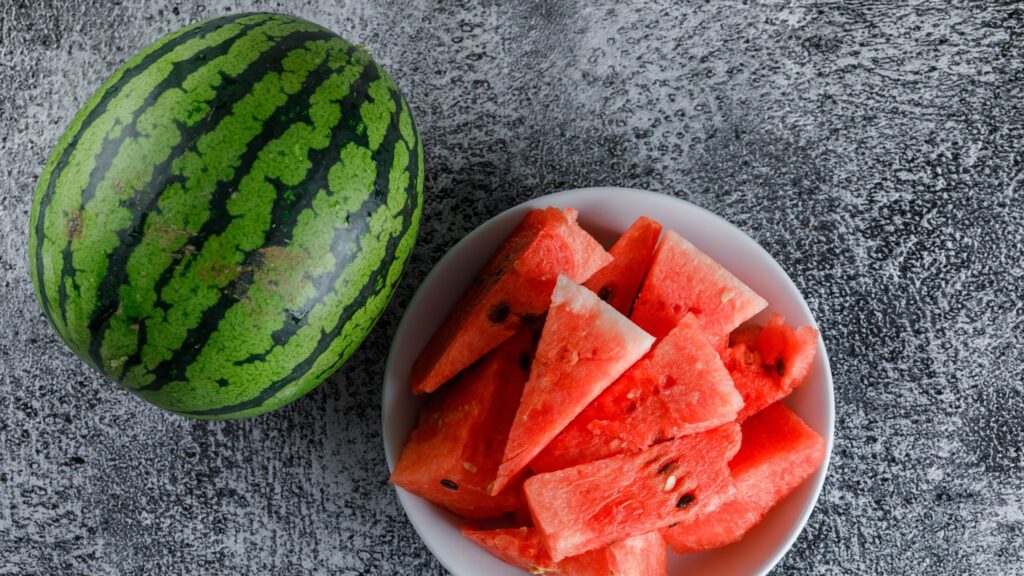
1. Offer in Moderation
While watermelon can be a healthy treat, it should not replace their regular diet. Provide small pieces of watermelon as an occasional treat, alongside their regular feed, to maintain a balanced diet.
2. Freshness Matters
Always ensure that the watermelon you offer to chickens is fresh and not spoiled. Spoiled fruit can lead to digestive issues and potential bacterial infections. It is best to feed them watermelon that you would consider consuming yourself.
3. Observe Individual Reactions
Chickens, like humans, may have different sensitivities or preferences when it comes to food. Introduce watermelon gradually and observe their reactions. If any chicken shows signs of digestive distress or refuses to eat it, discontinue feeding watermelon to them.
Quantity and Frequency of Watermelon Consumption
While watermelon can be a healthy treat for chickens, it should be offered in moderation. Too much watermelon can upset the delicate balance of a chicken’s diet.
It is advisable to provide watermelon as an occasional treat rather than a regular part of their daily feed. A few pieces of watermelon per chicken, a couple of times a week, should suffice to offer them a refreshing and nutritious treat.
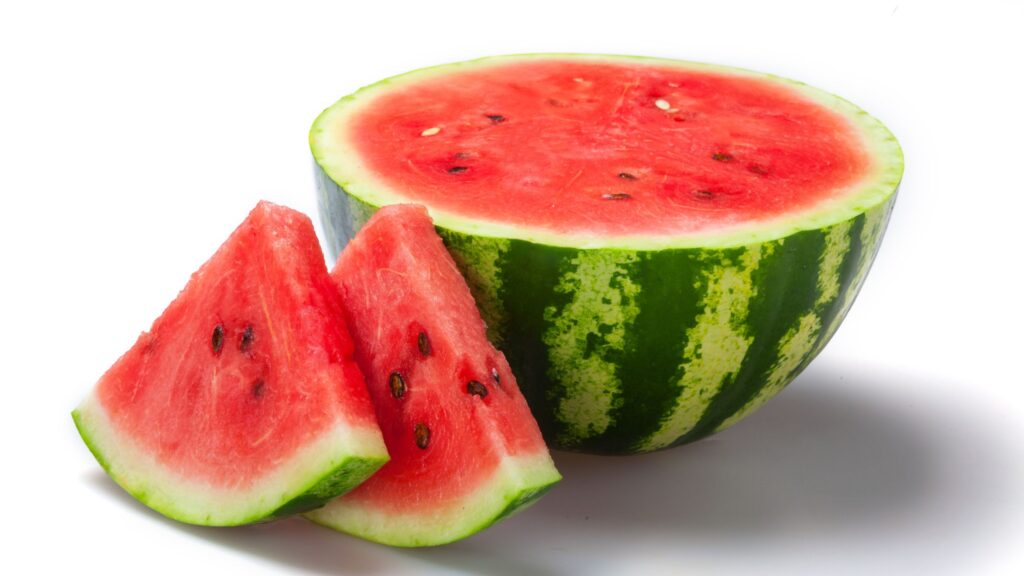
The most essential factor is to balance the diet of a chicken. While treats like watermelon can be a delightful addition to a chicken’s diet, it’s crucial to maintain a proper balance of nutrients.
The bulk of a chicken’s diet should consist of high-quality chicken feed specifically formulated for their nutritional needs. This ensures they receive the right amounts of protein, vitamins, and minerals necessary for their overall health and egg production.
Potential Risks and Precautions
While watermelon is generally safe for chickens, there are a few considerations to keep in mind. Here are some of the points that need to be taken into consideration to avoid potential risks.
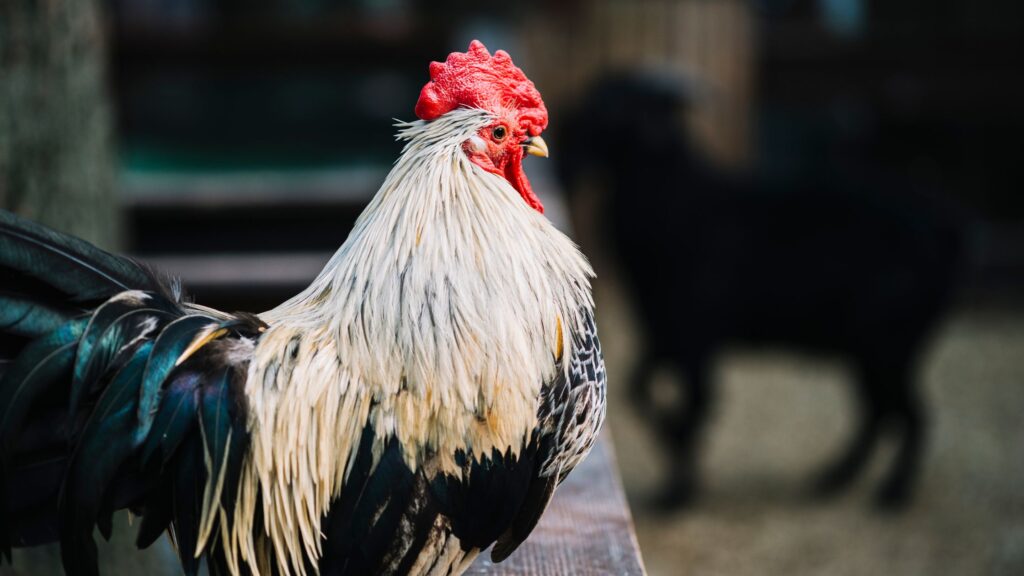
- First, it is important to remove the seeds from the watermelon before feeding it to chickens. The seeds can pose a choking hazard and should be discarded.
- Avoid offering watermelon that has been treated with pesticides or other harmful chemicals, as this can negatively affect the health of the chickens.
- Avoid using overly ripe or spoiled watermelon, as it may cause digestive issues or attract pests to the coop. It is best to serve the watermelon immediately after cutting to ensure maximum freshness and minimize potential bacterial growth.
Signs of Overfeeding or Digestive Issues
It’s essential to be mindful of the signs of overfeeding or digestive issues when introducing watermelon to chickens. Overconsumption of watermelon can lead to digestive upset, including diarrhea or an upset stomach.
If you notice any abnormal behavior or changes in your chickens’ droppings after feeding them watermelon, it is advisable to reduce or discontinue their intake and consult a veterinarian if necessary.
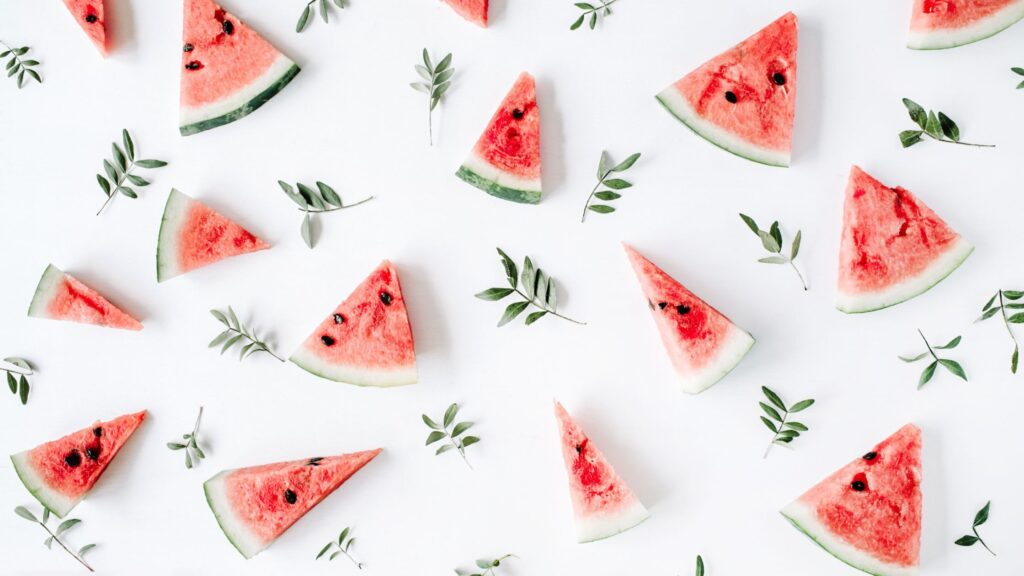
Other Fruits and Vegetables for Chickens
In addition to watermelon, there are several other fruits and vegetables that chickens can enjoy as part of a varied diet.
Some suitable options include berries, apples, pears, leafy greens, carrots, and cucumbers. However, it is important to research and ensure that the fruits and vegetables you offer are safe for chickens and do not contain any harmful substances or toxic components.
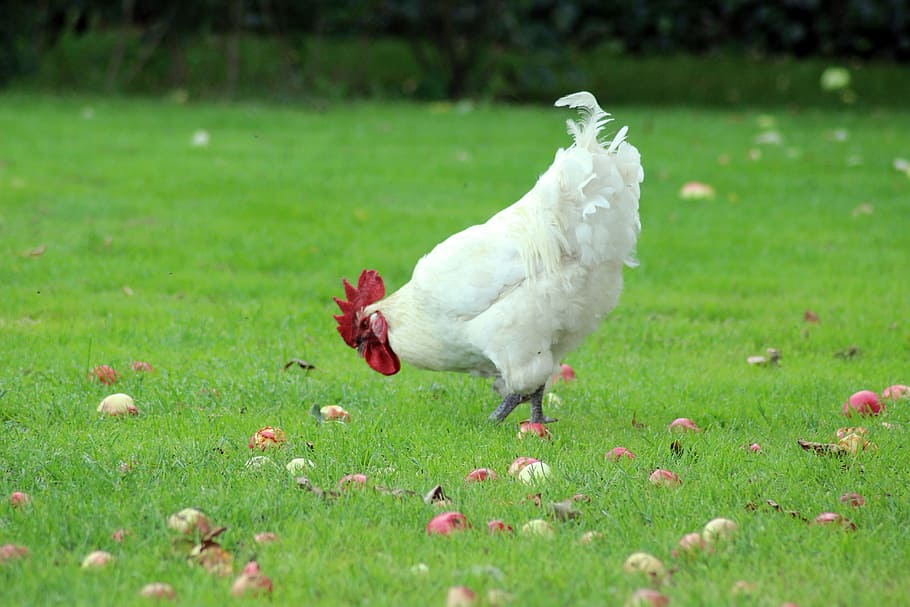
Ending Note
Watermelon can be a safe and refreshing treat for chickens if provided in moderation. Its high water content, essential vitamins and minerals, and antioxidant properties can contribute positively to a chicken’s well-being.
Remember to remove the seeds and avoid feeding them the rinds to prevent any potential digestive issues. By following these guidelines, you can safely introduce watermelon as an occasional treat and delight your feathered friends while ensuring their overall health and happiness. ‘
Not only to chickens, but you can also offer this fruit to other pets like dogs or cats as well. Usually, people prefer to provide chia seeds to their dogs or thyme for their cats, but you can also give your pets watermelon too.





